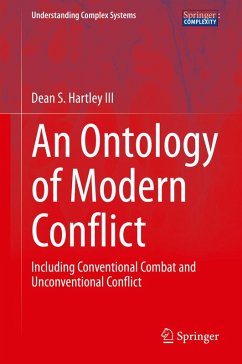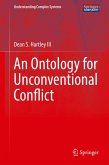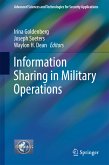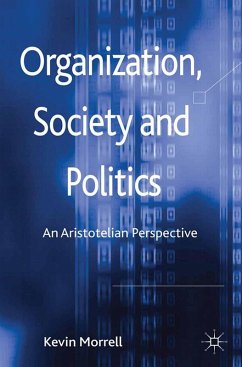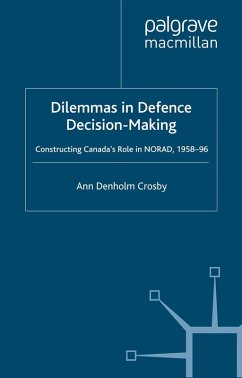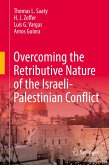This volume develops and describes an ontology of modern conflict. Modern conflict is a complex adaptive system. As such, it exhibits emergent properties, or properties that are not predictable from simple descriptions of the system. The Modern Conflict Ontology (MCO) creates a structure for collecting and analyzing information regarding both conventional and unconventional conflict in the face of uncertainty.
The first three chapters of the book begin the discussion of the MCO. The first chapter introduces the foundational concepts. The second chapter discusses modern conflict in detail. The third chapter provides an overview of ontologies in sufficient detail to make the rest of the book understandable, but without covering the minutia of the subject. The next ten chapters describe the parts of the MCO. Each part is a sub-ontology and is discussed in detail, including connections to the other parts. Instances are used very liberally to ensure thatthe concepts are made concrete. The final chapter consolidates the descriptions of the ontology into a discussion of "what we can know." It describes the implementation history and changes from the predecessor Unconventional Conflict Ontology (UCO) to the MCO, plus some uses of the ontology and potential future enhancements.
Providing an ontology that describes the entire modern conflict domain, this volume is appropriate for military professionals and academics and professionals in political science, computer science, and operations research.
The first three chapters of the book begin the discussion of the MCO. The first chapter introduces the foundational concepts. The second chapter discusses modern conflict in detail. The third chapter provides an overview of ontologies in sufficient detail to make the rest of the book understandable, but without covering the minutia of the subject. The next ten chapters describe the parts of the MCO. Each part is a sub-ontology and is discussed in detail, including connections to the other parts. Instances are used very liberally to ensure thatthe concepts are made concrete. The final chapter consolidates the descriptions of the ontology into a discussion of "what we can know." It describes the implementation history and changes from the predecessor Unconventional Conflict Ontology (UCO) to the MCO, plus some uses of the ontology and potential future enhancements.
Providing an ontology that describes the entire modern conflict domain, this volume is appropriate for military professionals and academics and professionals in political science, computer science, and operations research.
Dieser Download kann aus rechtlichen Gründen nur mit Rechnungsadresse in A, B, BG, CY, CZ, D, DK, EW, E, FIN, F, GR, HR, H, IRL, I, LT, L, LR, M, NL, PL, P, R, S, SLO, SK ausgeliefert werden.

